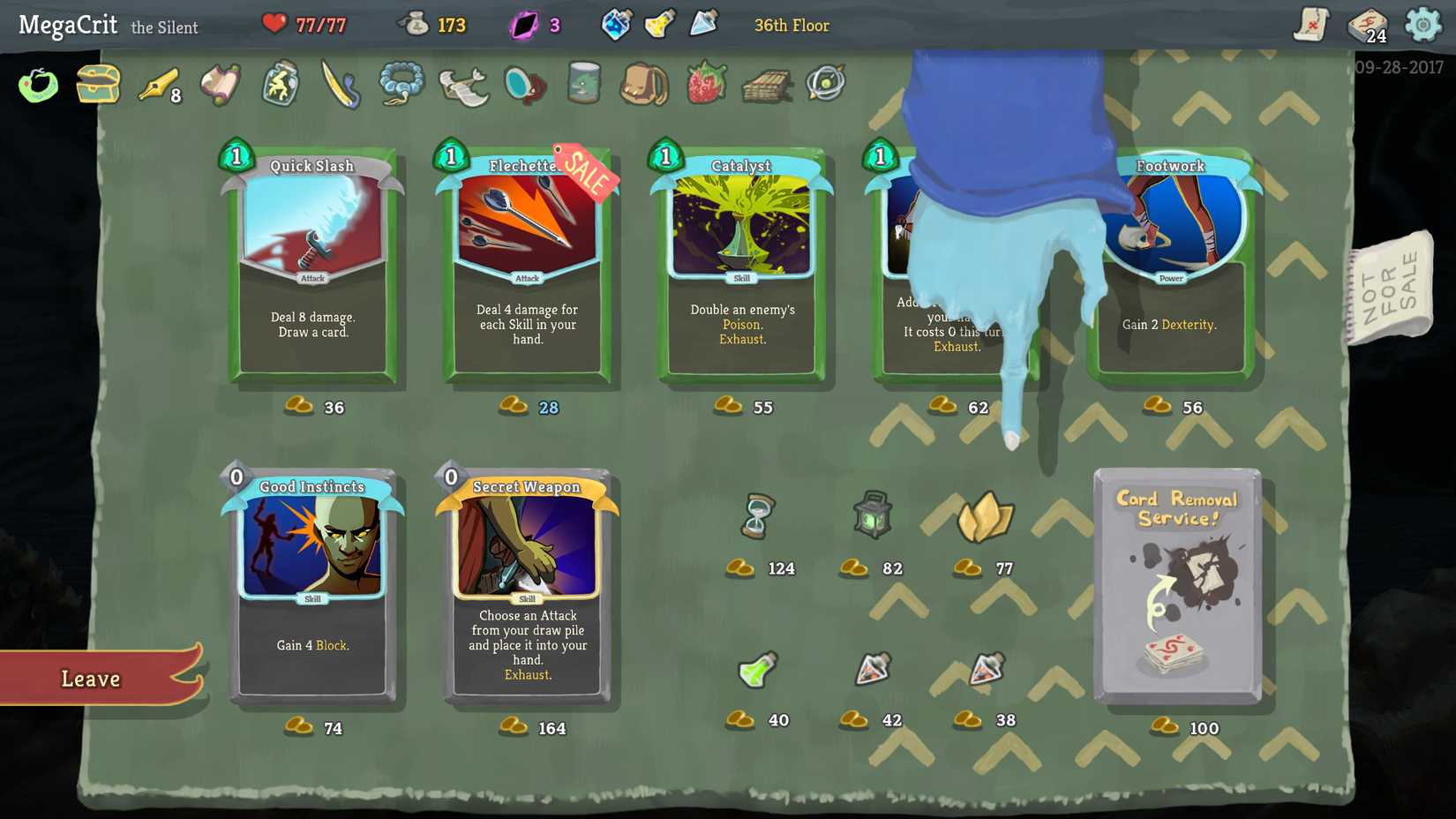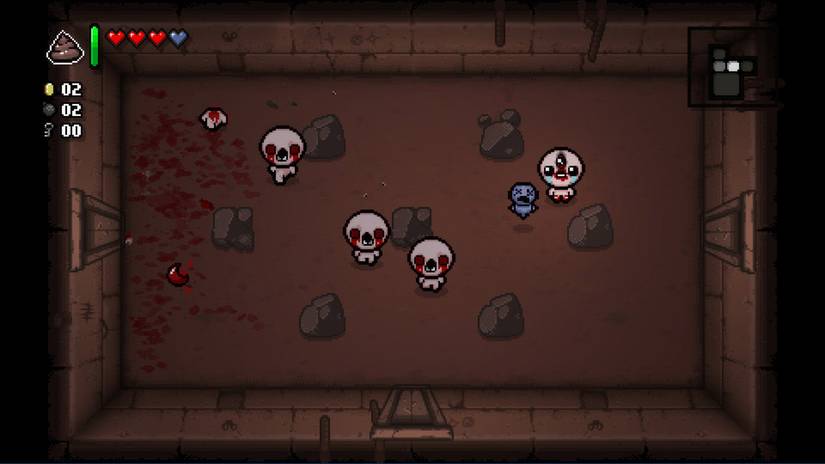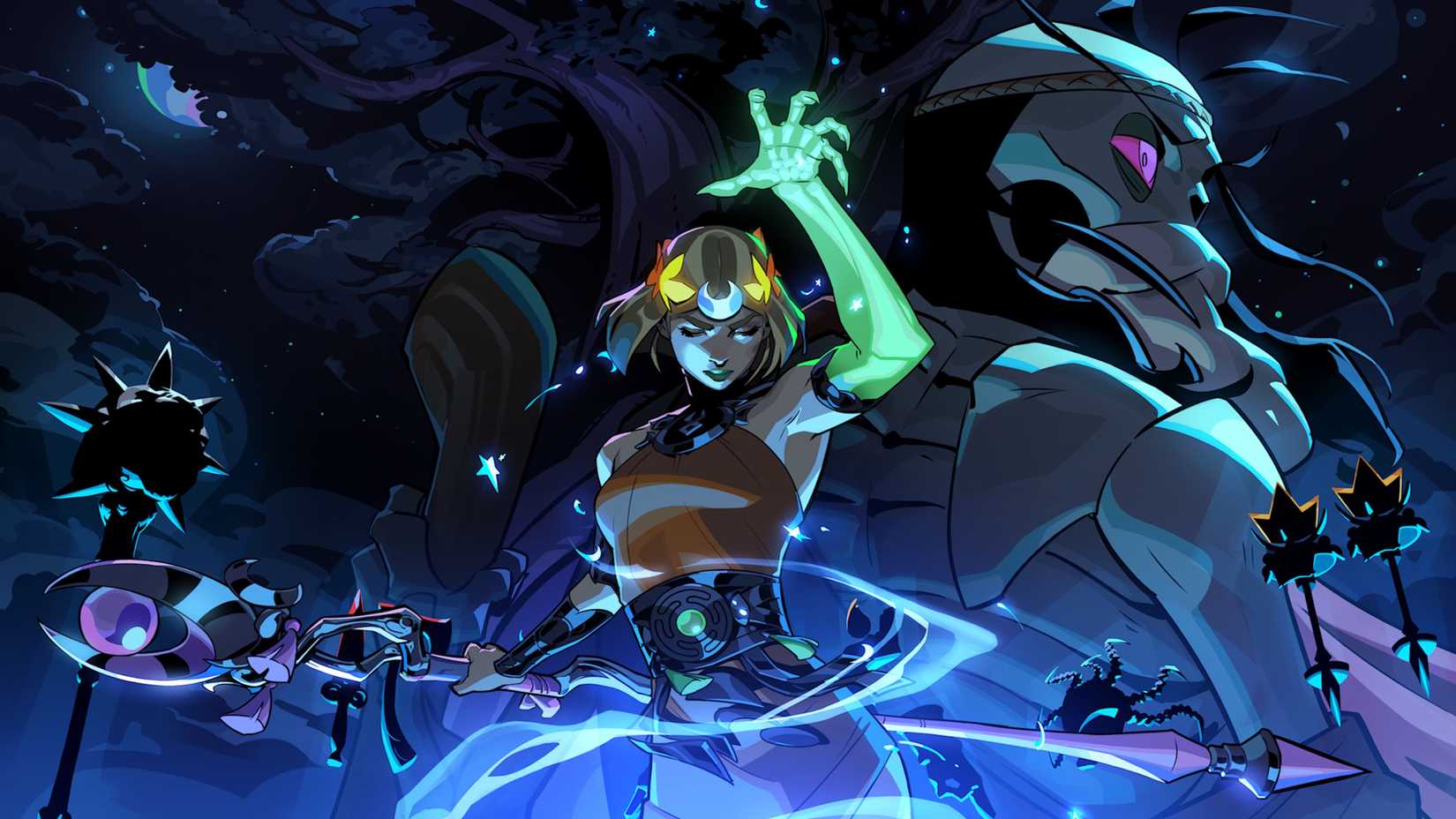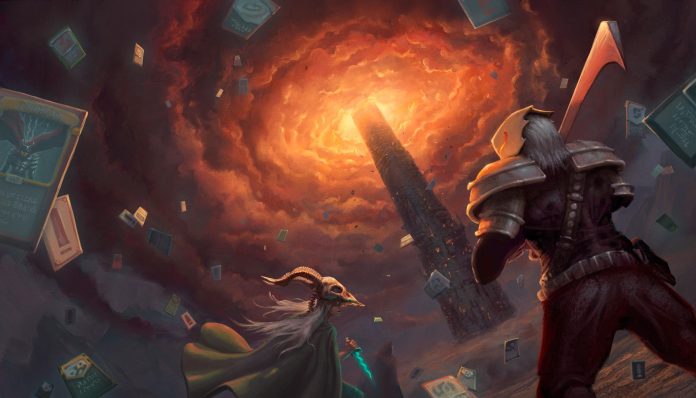This article is part of Run, Die, Repeat, Polygon’s week-long series exploring roguelikes.
Ah, the roguelike. A genre named after the 1980s game Rogue and one that I’ve tried time and time again to get into – so much so that I actually purchased Rogue a few weeks back to throw myself into it. I’d tried 2011’s The Binding of Isaac, even Slay the Spire when it first released in 2019, and now I thought I’d try the game that birthed this genre. Maybe, just maybe, my mind could be changed.
I didn’t like Rogue. I tried my best to like The Binding of Isaac. And despite my numerous attempts to get into Slay the Spire and see the fun aspect of it, I left feeling like I had ultimately lost 4 to 5 hours of my life that I was never going to get back.
So, roguelike enjoyers, I have but one question: Who hurt you?
For those of you who are blissfully unaware of what a roguelike is, let me explain. While the ultimate definition varies greatly depending on who you ask, roguelikes are usually considered a subgenre of role-playing games. Players take on the role of a character and must hack and slash their way through a procedurally generated dungeon – or other such setting – while picking up upgrades for health, weapons, abilities, and so forth. However, if a player dies, they must start over from the beginning with no upgrades, no new fancy weapons and armor, just a brand-new character.

I’m a fully-grown woman who writes for a living. I’ve got a niece to look after. Two very loud and obnoxious dogs who do not understand the concept of working from home and thus want me to throw ball 24/7. My neighbor does not understand what “a respectable level of noise” is when they blast Mitski at 10 p.m. As you can see, my periods of relaxation are very slim. So the whole concept of a subgenre that requires me to play continuously and, when I die (because I am going to die), have none of it matter makes me want to set myself on fire.
And I get it. There’s something magnetic about the thought of making it to the end and completing a game with an encyclopedia of knowledge sitting in your noggin, which is only possible thanks to your hard efforts and many (many…many…) deaths. It feels a bit like when you go to those restaurants where, if you eat a plethora of food for a challenge, you get the honor of not paying for it. Painful, but worth it. Skillful even. Maybe I would enjoy it if I simply got good. But consider: What if I don’t have time to get good? My niece has managed to install several viruses on her phone, my dogs want to go out for their nightly walk, and they’ve figured out how to open the bathroom door, so there goes my last hiding space for a bit of peace and quiet. I still haven’t cooked dinner yet.

But despite my aversion to roguelikes, there is an alternative that I do love: roguelites. Games like Hades and Sword of the Necromancer incorporate roguelike elements, including random dungeons and a death mechanic that sends you back to the start of each run. But these games also allow you to keep the upgrades to your character, so that each new run doesn’t feel so agonizingly pointless. For some people, the difference between the two subgenres probably feels a tad like splitting hairs: What, the only difference is player progression? And to that I’d say yes, but the player progression aspect of roguelites versus roguelikes is incredibly important to me.
For gamers who turn their nose up at the thought of “shortcuts” in video games, the idea of player progression in roguelikes might seem like sacrilege. After all, roguelike players, much like soulslike players, get a (well-deserved) ego boost from these games. If you’re not skilled enough to get to the end without any help, the thinking goes, are you truly a gamer? However, this completely ignores just how different each gamer is. I may not be a competitive or even skilled person in the realm of roguelike gameplay, but that doesn’t mean I should forego them forever, even if I just so happen to enjoy the story and other aspects that the game has. That doesn’t seem fair.

This is why the Hades series, in particular, is such an intriguing roguelite to me. As Zagreus or Melinoe, you fight your way through various realms of the ancient Greek afterlife, and even if you absolutely eat dirt two minutes in and are sent back to the start, the game doesn’t punish you for it. Instead, it leans on its cast of characters, in addition to unlockable features like weapons, locations, and item stores, to encourage you to get back into another run. It rewards you for your efforts, in other words.
While I’ve felt frustrated at dying in a roguelite, in the Hades games (and other games that take on a similar framework), I’ve never felt as though I was the butt of a joke. I felt more like I learned something, could come back stronger, and used the time away from the dungeon to invest in upgrades and explore the main hub area where the main character’s friends, family, and love interests hang out. In my experience, true-to-form roguelikes do not have this sense of connection. Progression is rarely – if ever – reflected on you in a meaningful way.
To be frank, the main appeal of roguelites for me is that there’s a chance I actually get to the end. And I do want to progress through the game and get to the end, because to me, not completing something I’ve specifically set out to complete feels like a moral failure. I know, I know, discussion material for my therapist. So, to the game developers out there who know just how vital it can be to feel that progress, I salute you.
And to roguelike enthusiasts, I will never understand you, but if they bring you joy, who am I to judge?
